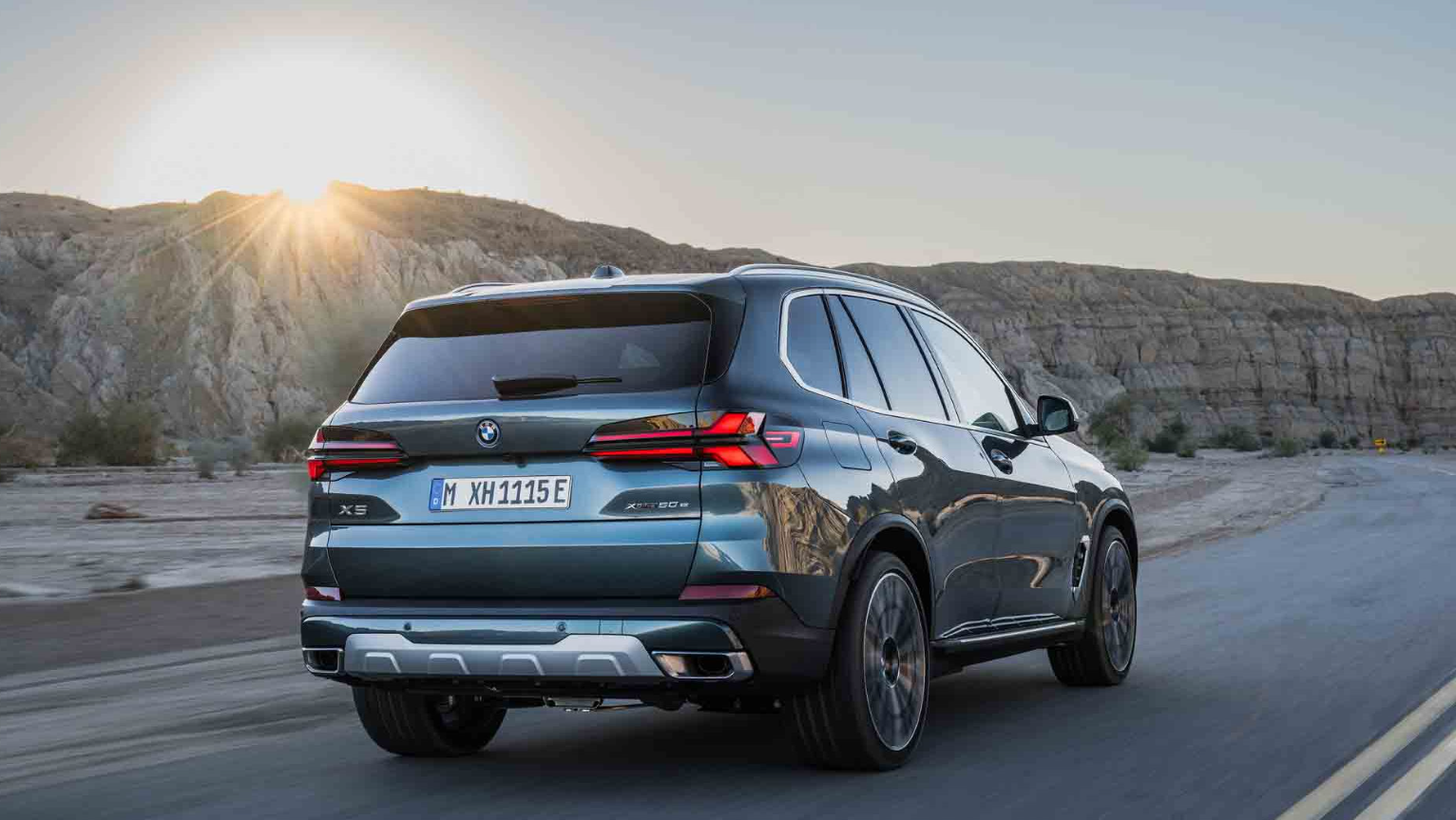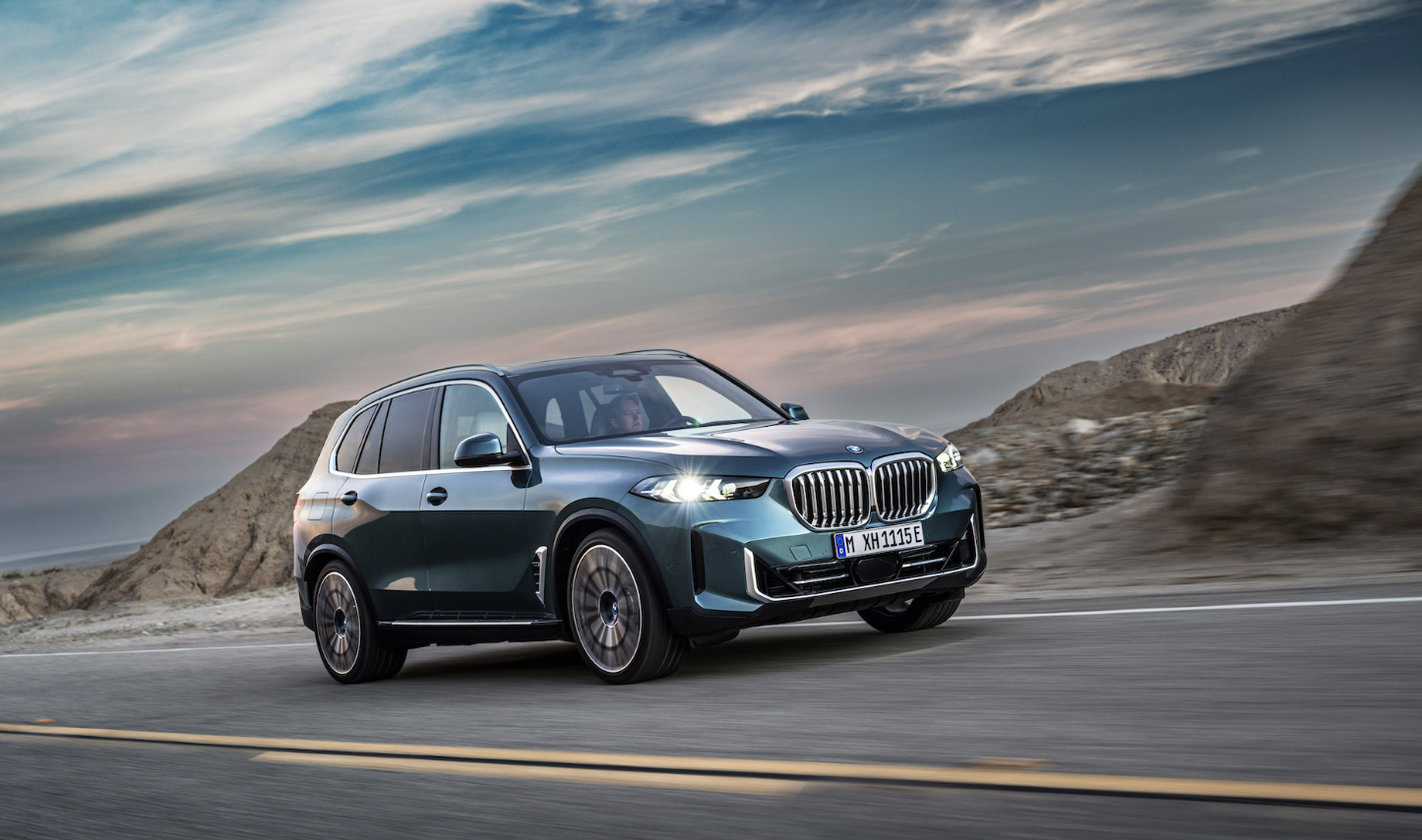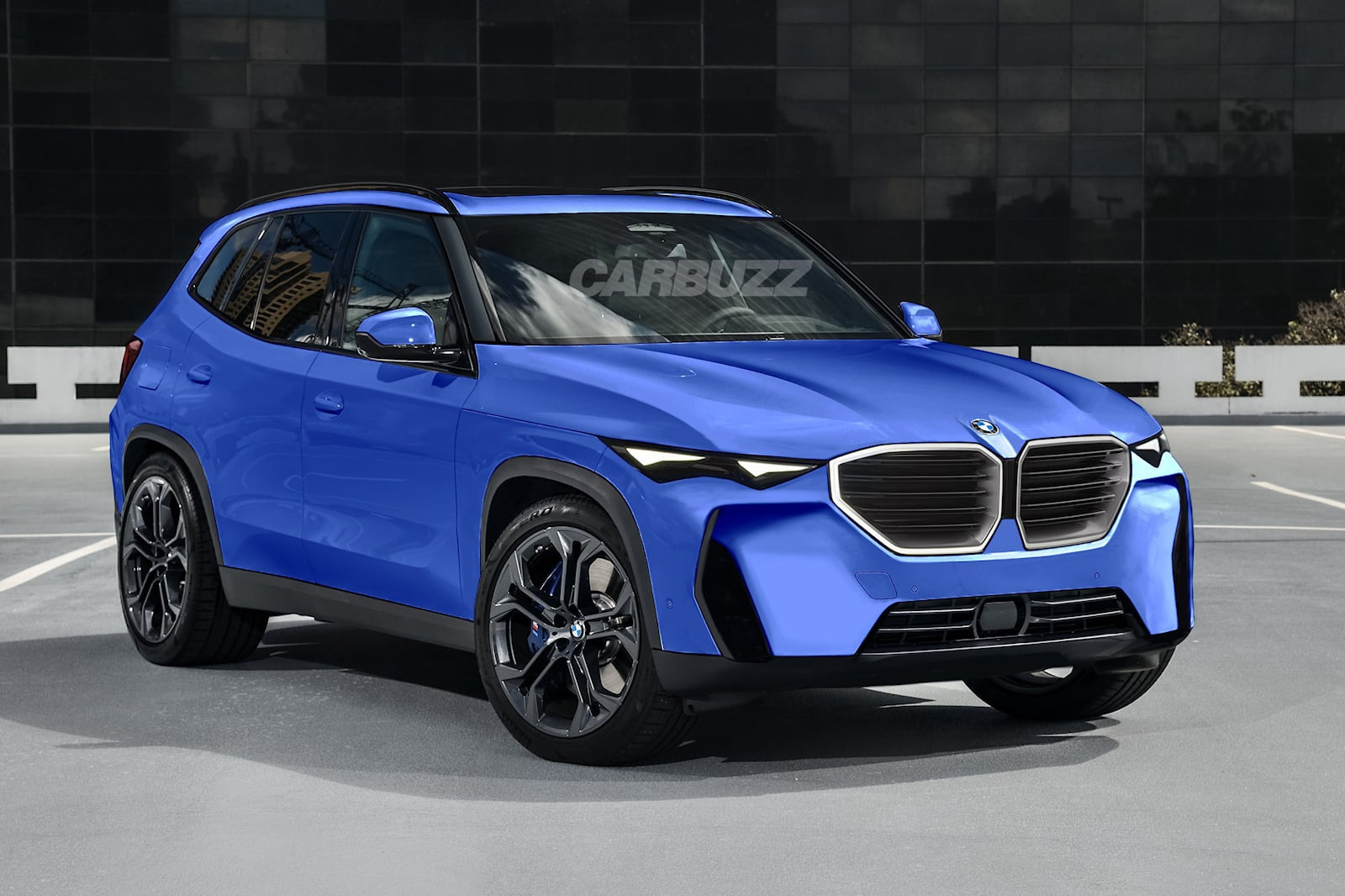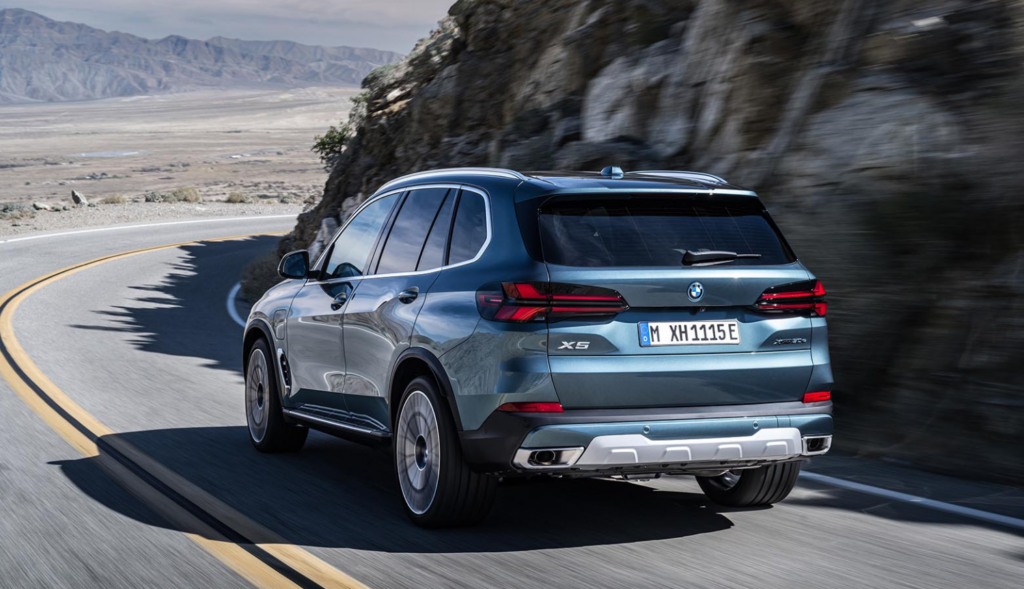
The 2025 BMW X5: A Look at Fuel Efficiency in the Future
The BMW X5 has long been a favorite among drivers seeking a blend of luxury, performance, and practicality. As we approach 2025, the automotive landscape is rapidly evolving, with fuel efficiency and sustainability taking center stage. This article delves into the anticipated fuel economy of the 2025 BMW X5, exploring the factors influencing its MPG, the technologies driving these advancements, and the potential impact on the driving experience.
The Evolution of Efficiency:
The BMW X5 has consistently strived for better fuel economy with each generation. The current model, the G05, offers a range of powertrains, including a potent plug-in hybrid option. However, the 2025 X5 is poised to push the boundaries even further, with several factors converging to deliver significant improvements in fuel efficiency.
1. Electrification:
The most significant driver of enhanced fuel economy in the 2025 BMW X5 will be the continued expansion of electrification. Expect to see a wider range of hybrid and plug-in hybrid options, potentially even a fully electric variant. These powertrains offer significant advantages:
- Hybrid Synergy: Hybrid systems seamlessly blend a gasoline engine with an electric motor, allowing for regenerative braking and increased efficiency during stop-and-go driving. This results in a substantial reduction in fuel consumption, especially in urban environments.
- Plug-In Power: Plug-in hybrids offer the best of both worlds. They can operate purely on electricity for a substantial range, effectively eliminating fuel consumption for shorter commutes. When the battery is depleted, the gasoline engine takes over, ensuring a long-distance driving range.
- All-Electric Future: A fully electric X5 would represent a bold step towards a zero-emission future. While range anxiety might remain a concern, advancements in battery technology and charging infrastructure are rapidly closing the gap, making electric vehicles increasingly viable for everyday use.
2. Engine Optimization:
Even with electrification taking the lead, traditional gasoline engines are not being left behind. BMW is continuously refining its combustion engine technology, focusing on:
- Downsizing: Expect smaller, more efficient engines with turbocharging to maintain performance while reducing fuel consumption. This approach allows for lighter vehicles, further contributing to improved MPG.
- Improved Combustion: Advancements in fuel injection, valve timing, and combustion chamber design are maximizing energy efficiency from every drop of fuel, resulting in higher thermal efficiency and reduced emissions.
- Hybrid Synergy: Even for non-plug-in hybrid models, mild hybrid technology, utilizing a small electric motor to assist the engine during acceleration and braking, is expected to be standard, further boosting fuel economy.
3. Aerodynamics:
Aerodynamic efficiency plays a crucial role in reducing drag and improving fuel economy. The 2025 BMW X5 is likely to incorporate the following features:
- Active Grille Shutters: These adaptive shutters open and close depending on engine cooling needs, reducing drag when closed and improving airflow when open.
- Optimized Bodywork: Smoother lines, flush-mounted door handles, and carefully sculpted underbody panels contribute to a lower drag coefficient, reducing air resistance and improving fuel efficiency.
- Active Rear Spoiler: A deployable spoiler can be automatically adjusted to optimize airflow at higher speeds, further reducing drag and improving MPG.
4. Lightweight Construction:
Reducing vehicle weight is a critical factor in improving fuel economy. The 2025 BMW X5 is expected to utilize advanced materials like:
- Aluminum: Lightweight yet strong, aluminum will likely be employed extensively in the body panels and chassis, contributing to a significant weight reduction.
- Carbon Fiber: For select components like the roof or hood, carbon fiber can provide exceptional strength and stiffness while being remarkably lightweight.
- High-Strength Steel: Advanced steel alloys offer high tensile strength with reduced weight, ensuring structural integrity while minimizing overall mass.
5. Predictive Driving:
The 2025 X5 will likely feature advanced driver assistance systems that enhance fuel economy:
- Predictive Cruise Control: By anticipating upcoming road conditions, this system can adjust speed and throttle inputs, maximizing fuel efficiency while maintaining a comfortable driving experience.
- Navigation Integration: The navigation system can use real-time traffic data to optimize routes and driving patterns, minimizing unnecessary acceleration and braking, leading to improved MPG.
- Electric Power Steering: By replacing hydraulic power steering with electric assistance, the 2025 X5 can reduce parasitic losses from the engine, further contributing to better fuel economy.
Projected Fuel Economy:
While precise figures are not yet available, the combination of these advancements suggests a significant improvement in the 2025 BMW X5’s fuel economy. Based on the current trend and anticipated technologies, we can expect the following:
- Hybrid Models: Plug-in hybrid variants could achieve an impressive combined fuel economy of over 60 MPG, with an all-electric range of 40-50 miles.
- Mild Hybrids: Non-plug-in hybrids are likely to see a substantial increase in fuel efficiency, with an estimated combined MPG of 30-35, exceeding current models by 10-15%.
- Gasoline Models: While not as dramatic, gasoline-only engines are expected to improve their MPG by 5-10%, reaching a combined fuel economy of around 25-30.
Impact on the Driving Experience:
These advancements in fuel efficiency are not just about saving money at the pump; they also contribute to a more enjoyable driving experience:
- Enhanced Performance: Hybrid and electric powertrains offer instant torque and smooth acceleration, enhancing the overall driving experience.
- Reduced Emissions: By significantly reducing fuel consumption, the 2025 X5 will emit fewer harmful pollutants, contributing to a cleaner environment.
- Quiet Operation: Electric motors are remarkably quiet, making for a serene and refined driving experience, especially in urban settings.
- Increased Range: While electric cars still face range anxiety, the 2025 X5’s hybrid and plug-in hybrid options will offer greater driving range, alleviating concerns about limited battery capacity.
Conclusion:
The 2025 BMW X5 is poised to be a benchmark for fuel efficiency in the luxury SUV segment. By embracing electrification, optimizing engine technology, and incorporating advanced features, BMW is pushing the boundaries of what’s possible. The result will be a vehicle that delivers exceptional performance, luxury, and practicality, all while minimizing its environmental impact.
The 2025 X5 will not only be a testament to BMW’s commitment to innovation but also a compelling example of how the automotive industry is embracing sustainability and driving towards a more efficient future.







